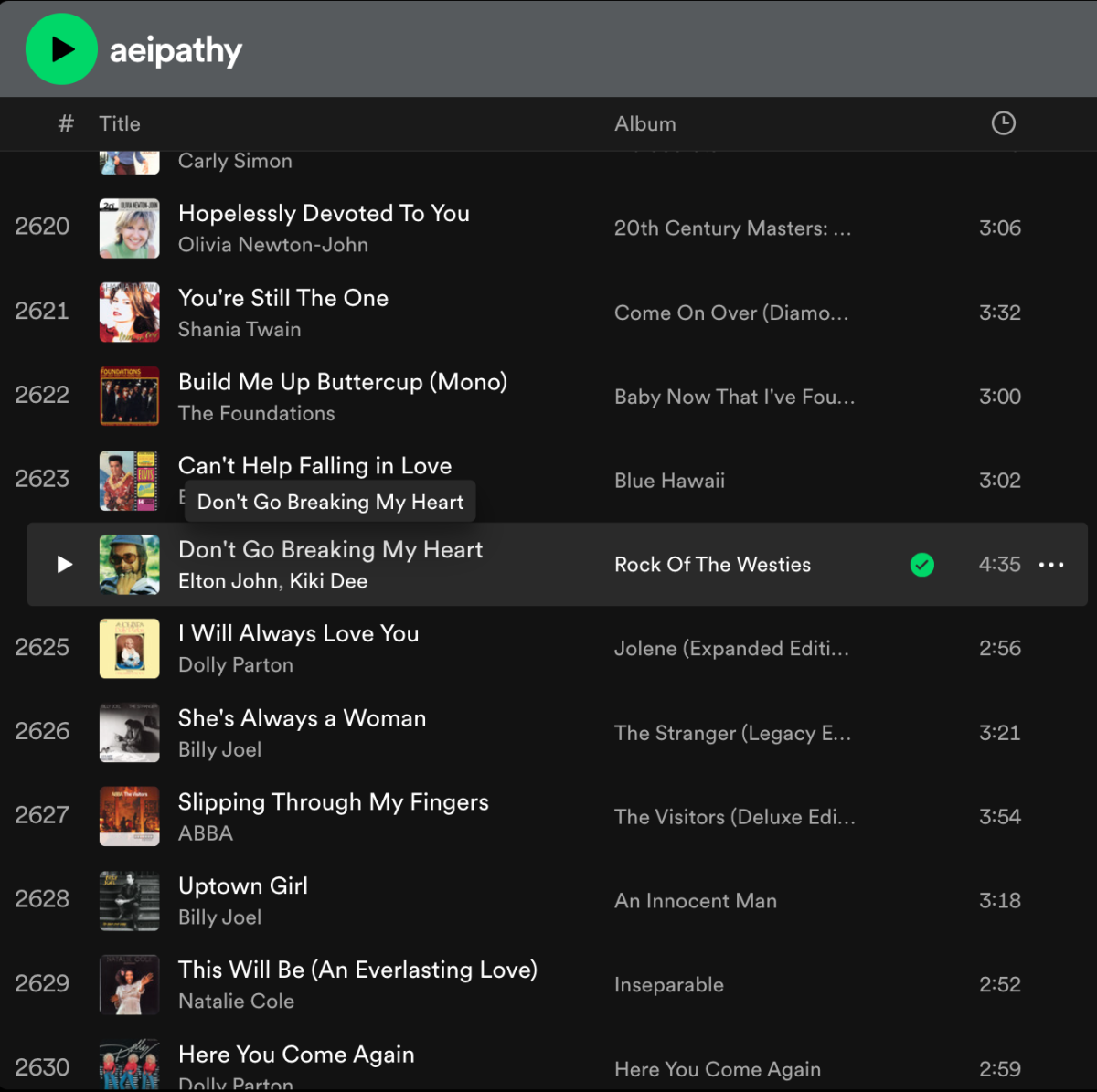Jeff Manders: For the Love of Film
Prior to his career in teaching, Jeff Manders lived an exciting life as a photographer and editor for different news stations. With such a job, he was able to cover a plethora of stories ranging from breaking news to basketball games.
It wasn’t until the second semester of his senior year in high school that he really discovered his passion for film and the story one is able to tell through photography. After taking a telecommunications class on a whim, he fell completely in love with the story aspect of film.
“I loved how I could be creative and artistic with what I was doing,” Manders said. “It was very hands on. You were creating something and it had its technical nuances as well, which you had to figure out.”
Originally, Manders attended Michigan State University after being accepted into their engineering program. However, during his first semester there, he began looking into their media communications program and eventually made the switch, a decision which he “never regrets.”
Throughout college he worked at a local TV station as a photographer and editor. Upon graduating, he continued working at the TV station while also doing several different freelancing projects as well as working for Lansing Public Schools as a photographer.
“I was working as much as I could to get my hands in all kinds of different aspects of television production,” Manders said.
After 5 years of juggling numerous different jobs, Manders landed a job working for Channel 8, which he kept for nearly 5 years. He was a photographer, editor, a field producer, and ran satellite trucks during his duration at this news station.

In the film industry, it is essential that both the reporter and the photographer work together. The reporter is often the one investigating the information and asking the questions while the photographer is collecting the footage. This, however, isn’t always the case, as sometimes the photographer is tasked with helping the reporter sort through the information as well. Forty five minutes prior to the start of a show, the reporter hands all the necessary pieces of his or her story to the photographer who must then put it all together and edit it rather quickly. According to Manders, teamwork in this case is paramount.
“If you’re working hard and you’re as into getting the story done and having it as high of quality as possible, that’s what usually makes a good team, if both the photographer and the reporter [work together],” Manders said.
According to Manders, his life as a photographer, although exciting, wasn’t too glamorous. It was a high stress job and deadline intensive; but this was exactly the kind of environment in which Manders thrived.
“[It was] high adrenaline when crunch time was coming and that’s the kind of thing I love. I love live television, it’s fun,” Manders said.
Manders’ career in film has impacted him in numerous ways. Along with shaping his focus, it is also what introduced him to his wife. He met her while working on a story in Lansing, as she was a reporter for a station in Illinois who then got a job at Channel 13 in Grand Rapids.
“For a while we were working at competing TV stations so that was kind of fun,” Manders said. “Every once in awhile we would run into each other at a scene.”
Manders loved his job while working for Channel 8, but the schedule was unstable. The late nights and long distances were not conducive to a family. As his career progressed, Manders also noted that he preferred the “people” side of film to the breaking news side.
“We used to tell stories and they moved away from that to some extent. A lot of it was on crime and court cases and investigations,” Manders said. “I liked the whole ‘people stories’ side of it and we didn’t do that as much towards the end.”
Being a seasoned editor, Maders was often asked to train the interns, a job which he really enjoyed. Training people is what sparked his interest in becoming a teacher. He then decided to make the career change. He went back to college and enrolled in the Masters in Education program at Aquinas. He was really hoping to get into a school where he could teach both social studies as well as media communications. FHC proved to be the perfect school for both his interests.
“I student taught with Mr. Labenz and then with Mrs. Layton, the one who created FX,” Manders said. “My wife graduated from FHC and the second or third year of the program, my wife took FX. So [Mrs. Layton] thinks it’s pretty cool that this program is still going on.”
Manders carried over the principles of live television into the classroom setting for the student directed morning announcement program, FX. In it, there are three producers who work on putting the show together. Their job is to make all the graphics, gather the information, check emails, align the order of the show, and they work on being in extra elements in hopes of captivating their audience. Manders believes having a team of producers who are able to make the show run smoothly is an important aspect in creating successful live television.
“The [producers] have less than an hour to get everything together and then everybody else runs into the studio and we go. Within ten minutes, we have to make sure all the equipment is working, everybody knows what they’re doing, everything’s prepped and then you go live. And it’s the live part that’s so exciting,” Manders said.
It is evident that Manders’ passion for teaching is unparalleled. He has been able to transform a career in live television into a successful career in teaching.
“He’s always had an easy way of dealing with kids, a laid back style and I think his having children helps. He can tune out extraneous noise and concentrate on what needs to be done,” friend and fellow teacher Steve Labenz remarked. “I think we hit it off because we have quite a bit in common – teaching some of the same courses, starting later in life and spending years in our first career of broadcasting.”


























































































